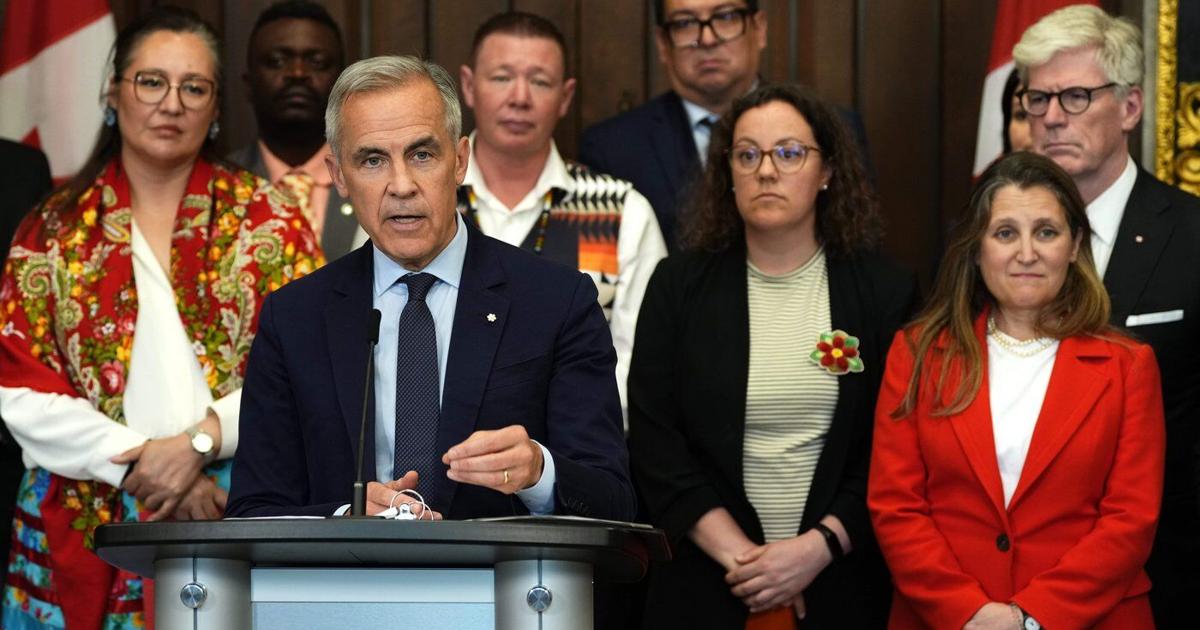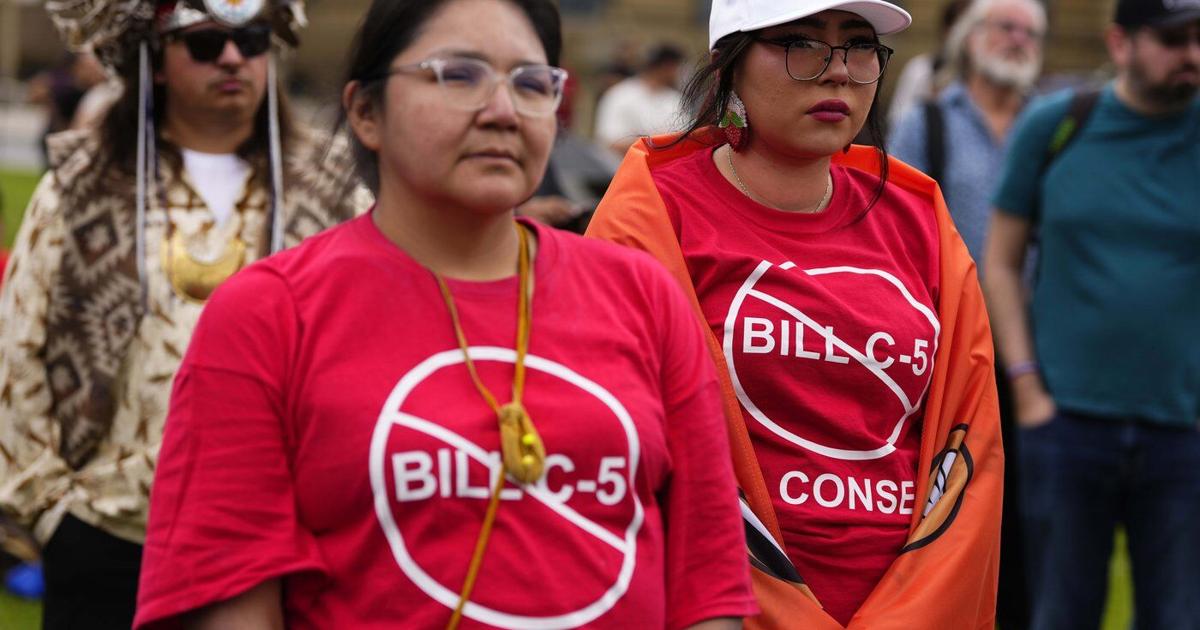- Reaction score
- 7,533
- Points
- 1,360
"The Federalist Dance" on water legislation for First Nations ....

 www.aptnnews.ca
www.aptnnews.ca

 lethbridgenewsnow.com
lethbridgenewsnow.com

 ca.news.yahoo.com
ca.news.yahoo.com
Meanwhile, on that whole big projects thing ....

 www.thecanadianpressnews.ca
www.thecanadianpressnews.ca
 www.newswire.ca
www.newswire.ca

 www.thecanadianpressnews.ca
The 9 First Nations in question are located all over Ontario ....
www.thecanadianpressnews.ca
The 9 First Nations in question are located all over Ontario ....


Alberta, Ontario don't want feds to reintroduce First Nations safe drinking water law
Environment ministers in Alberta and Ontario don't want the federal government to reintroduce the safe drinking water law for First Nations.

Minister planning to table First Nations water bill despite provincial opposition
OTTAWA - The federal minister of Indigenous services says her government plans to reintroduce legislation to e...
 lethbridgenewsnow.com
lethbridgenewsnow.com

Ontario environment minister apologizes for 'confusion' over clean water bill letter
Ontario's environment minister has apologized to First Nation chiefs for any "confusion" his letter caused when he asked the federal government to not reintroduce a bill that would enshrine clean drinking water rights in law.But many First Nations are not accepting what they call a meaningless...
Meanwhile, on that whole big projects thing ....

First Nations launch legal challenge against Ontario, federal bills 5 and C-5
TORONTO - Nine First Nations in Ontario are asking a court to declare a pair of federal and provincial laws meant to fast-track infrastructure projects unconstitutional and are seeking an
First Nations Launching Major Constitutional Challenge to Kill Bill 5, the Ford Government's Megadevelopment Law and Bill C5, Canada's Megaprojects Law
/CNW/ - Several First Nations from Ontario have brought fast track litigation in Superior Court to Kill Bills 5 and C5 on the basis that they severely threaten...

First Nations leaders have low expectations for progress at meeting with Carney
OTTAWA - Many First Nations leaders say their expectations are low for the meeting planned on Thursday with Prime Minister Mark Carney and are warning it should not be seen
- Alderville
- Apitipi Anicinapek (used to be known as Wahgoshig)
- Aroland
- Attawapiskat
- Fort Albany
- Ginoogaming
- Kitchenuhmaykoosib Inninuwug (AKA Big Trout Lake - current Chief spent a bit of time in jail with some others in the early 2000's protesting against proposed mineral exploration in the area - got sorted out by the company giving up its mining claims, and Ontario giving the company $5M)
- Oneida Nation of the Thames
- Wabauskang First Nation

Last edited:


